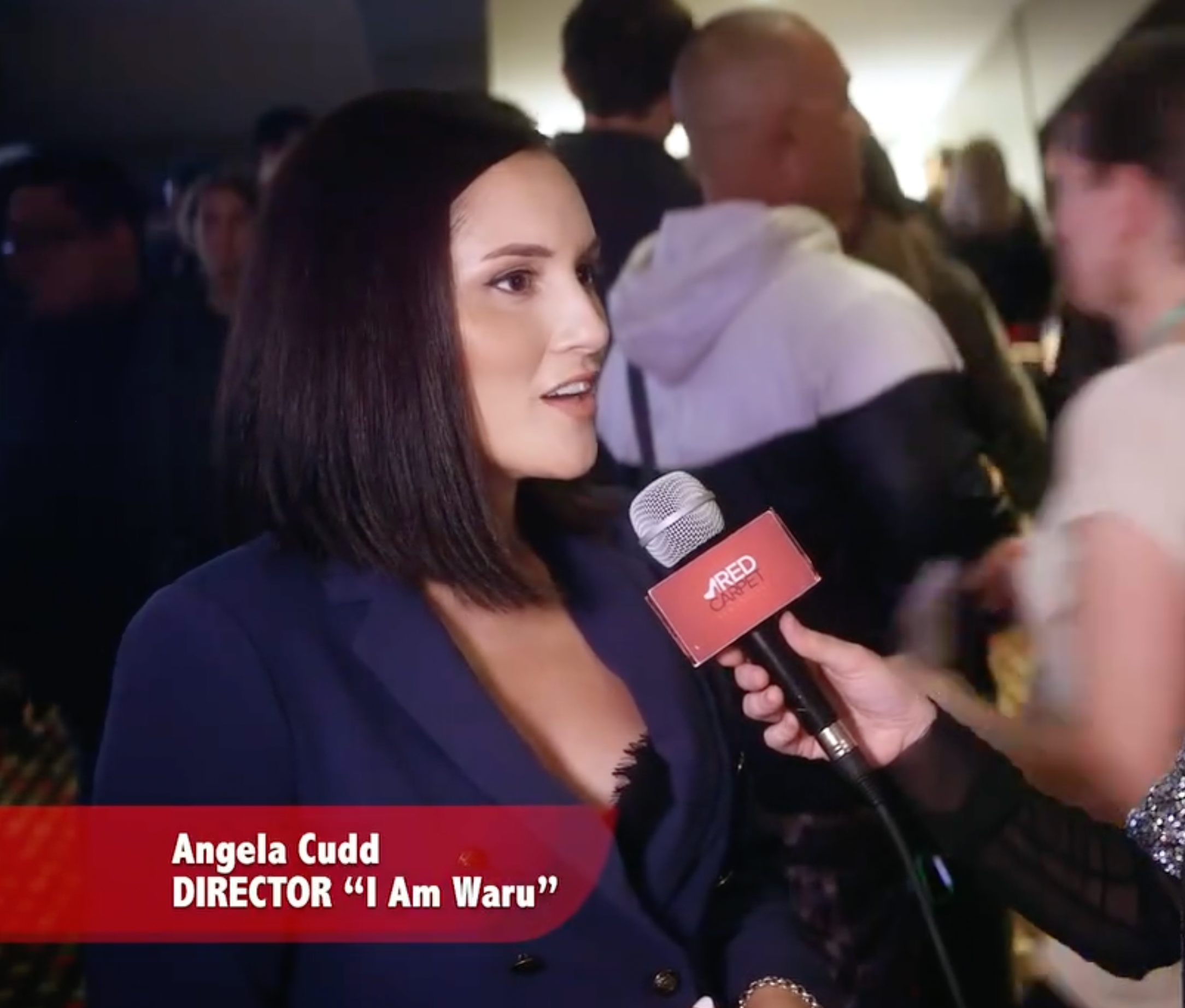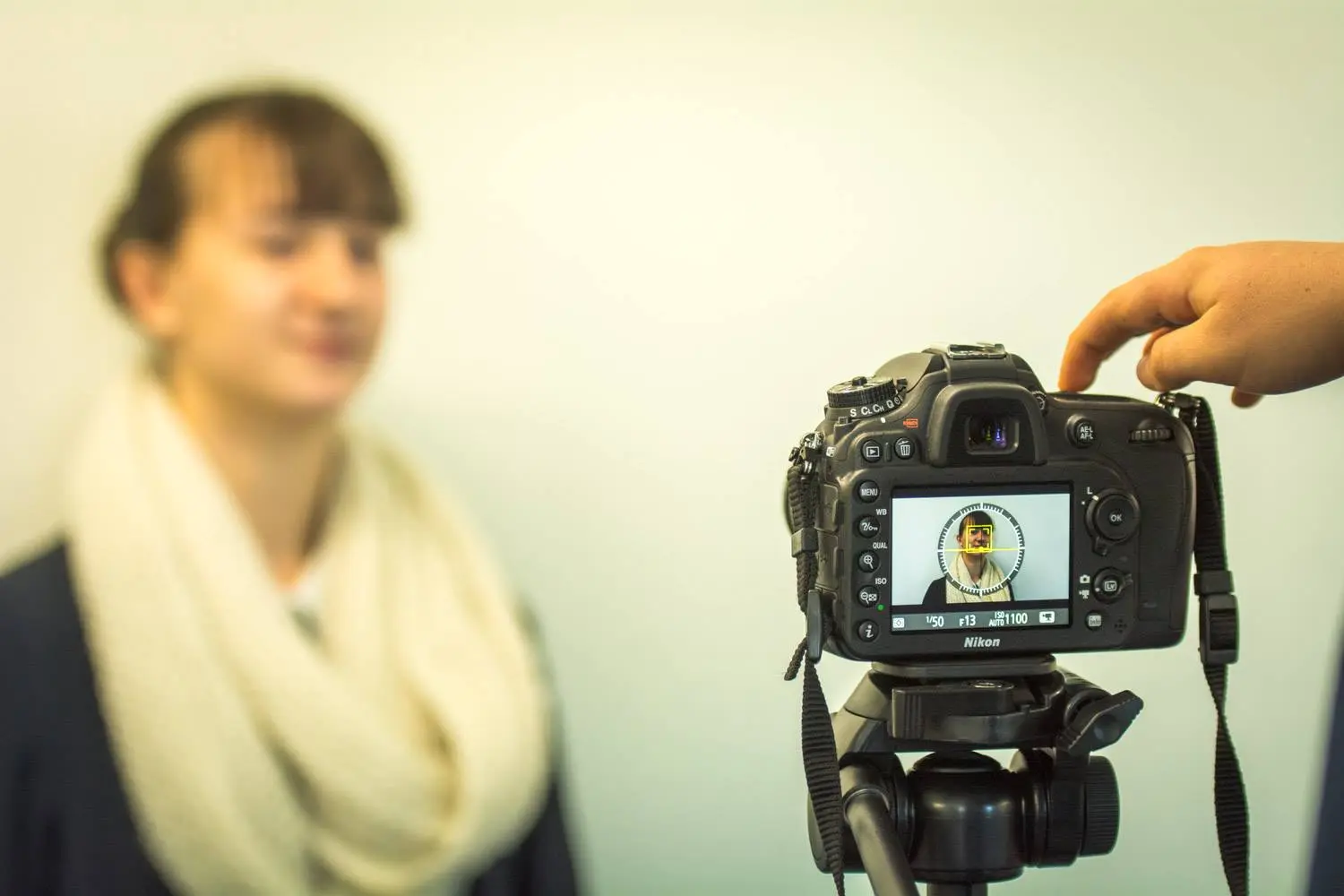7 Tips for Becoming a Pro at Media Training
As a new filmmaker, learning to talk about your work and promote it is just as important as making it. Media training helps you do just that! This article gives you five simple tips to get better at dealing with the media.
Whether you're getting ready for your first film festival or just want to get the word out about your movie, these tips will help you present yourself and your work like a pro.
1. Watch Other Media Interviews
Kinda like when you practice and prep for a job interview, you have to know your stuff and do background research. One way that many filmmakers achieve this is practicing their answers before they’re even asked them.
Without any prior preparation, try and answer the following questions off the cuff. See how you do - doing a voice recording or doing it with another member of your team can be good.
Following that, put a bit more effort into considering how you would like to answer these questions.Try and remember a few key points and keep trying again and again until you feel comfortable repeating them.
You don’t want to have pre rehearsed or memorised answers but knowing the key points you want to hit or certain phrases that sum up your project can be good. Practice short and long answers as different interviews will be geared towards either a shorter or longer timeframe.
Common questions may include;
- Tell me about your film.
- What is your film about?
- Where did the concept for this film come from?
- Tell me about yourself / your background in filmmaking?
- What was the process for making this film like?
- What were the biggest challenges you encountered?
- What was the process to find your cast / interviewees?
- What is next for you?
- How can we watch the film?
2. Figure Out Your Key Messaging
What are the key points you want people to remember about your project? Make sure you always try to work these in. Having them in bullet points in front of you for any phone, zoom or radio interviews can be good!
Write them out now. Maybe ask yourself why you started the project in the first place?
3. Watch Other Media Interviews
Watch or listen to interviews of past Day One Shorts filmmakers (shared on our previous Facebook page). See what kind of questions they were asked and how well you think they answered.Think about how you would answer these same questions.

Watch interviews with well known filmmakers, or red carpet interviews at film festivals (even smaller film festivals). Take note of when someone comes across well, or you seem particularly interested in their project. What is it that makes them more compelling? How can you channel this? Often they come from a genuine and well-informed place. Don’t forget you have your own unique voice and personality, so try to incorporate that into your answers.
4. Do your own interviews first
Set up a time with your team to record some interview style clips. You can either use these on your social media or just use it as a learning exercise. Set up a phone to record, and have your team write and ask you some questions. This can be especially useful if you are quite nervous in front of a camera or while being recorded. The more you expose yourself to this the less daunting it will be.
Review the footage and talk with your team about the key takeaways and learnings from the practice run. How could you improve your messaging or demeanour? For example, speaking clearly and confidently can convey that you are confident about your film and can articulate accurately to your audience what they are in for.
We may also have video interviews at the premiere - use this as an opportunity to practice! The clips from this will be released by the Day One team so you can rest assured that we won't put anything out where you are not representing yourself or your film well!
5. Watch tutorials!
Go to YouTube and search for tutorials, tips and advice for media interview training! Watch a bunch of videos until you get a good grasp of it.
6. Take it easy on yourself - you’re still learning!
It’s a learning process and you’ll likely get better at this over time. You will learn from others and learn from mistakes, but try to have fun with it. Even seasoned professionals continue to learn. It’s your time to discuss what the film means to you and how you think it might relate to your audiences. Your job is to connect the vision to the viewer.
7. It’s okay not to know the answer
A big one to remember - it’s ok to not know the answer to every question asked of you. Take your time to answer and if you really don’t know the answer, just politely say you don’t know. With your educated responses and genuine care and love for your film, you can’t go wrong. Just do your best!
